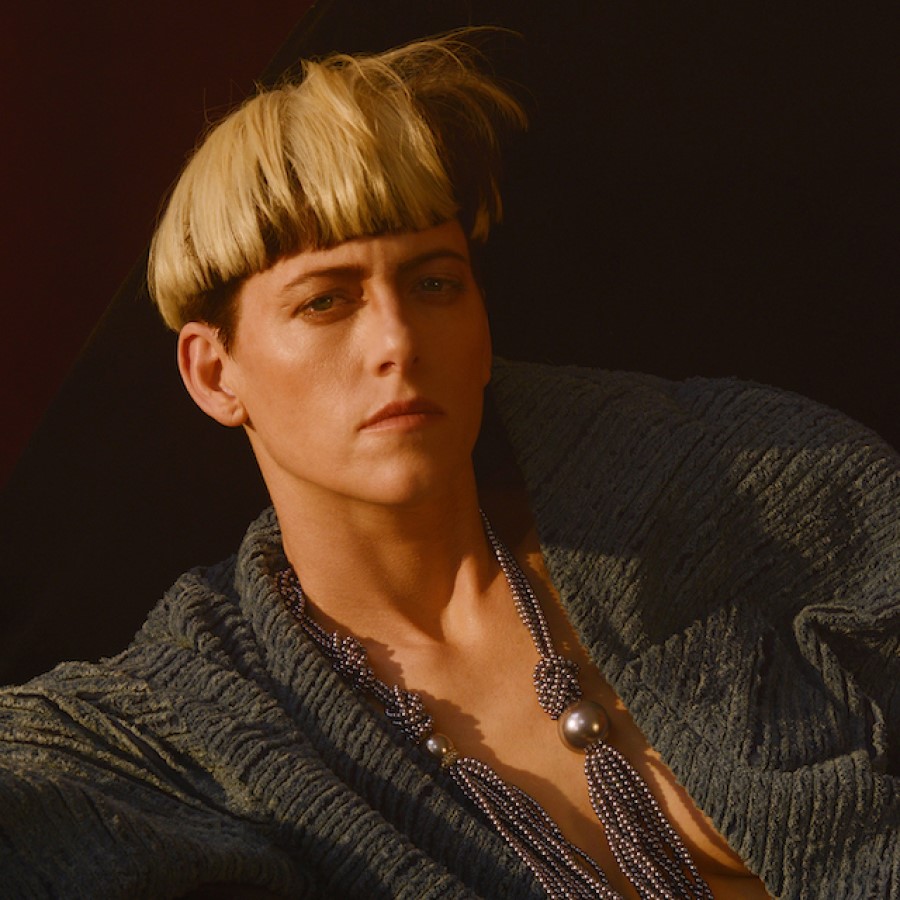Australian-born Kat Frankie has conquered the German indie music scene — but that’s not enough. With their new album Shiny Things, Frankie takes a turn at folk on the regretful “Love.”

Musically inspired by 1990’s Indie rock and following up on her 2019 a cappella work (B O D I E S EP), Shiny Things illuminates Kat Frankie’s musical virtuosity while also revealing her narrative prowess. In our interview, Frankie discusses the importance of representation in music.
Who are some of your musical influences?
My upcoming album is mostly influenced by 90s indie rock like Radiohead (“The Bends” era) and PJ Harvey. I’m really into electric guitars right now, and I enjoy anything that’s a bit much emotionally speaking.
Name a perfect song and tell us why you feel that way.
“Watching the Waiting” by Wye Oak. It’s 3 minutes of ramping tension and joy. From the moment it starts it propels you onward. And the melody is just beautiful and poppy.
Explain the title of your album.
Shiny Things is all about how desire and greed ruins us, as individuals and as a species.
Does your album have an overarching theme?
Quite a few of the songs are about power, exploitation and revolution. There’s a song about the Hong Kong democracy protests, another about US Imperialism… I think the last couple years has seen people become a bit more aware of how political their existences are, and I’ve found that seeping into the things I write about.
How are you using your platform to support marginalized people?
I do my best to support behind the scenes on the industry side of things. Over the years I’ve spoken with many a festival booker about their lack of inclusivity. Representation is hugely important, but a gig is also a job, so it’s about trying to help people have equal access to that work and those paid opportunities.
What do you think you could do to make your music or shows more accessible to a more diverse audience?
Audiences feel more included when they see themselves represented on stage so I keep that in mind with who I’m working with. The other reason visibility of non-cis-white-male musicians is important is because seeing someone on stage who looks like you can inspire young women, non-binary folk to pick up an instrument and start their own band. I’m a firm believer in the the idea that “if you can see it, you can be it”, so representation on stage in this instance particularly matters.
With regards to accessibility, I would say that in Germany one of the things that makes the situation difficult is that the majority of promotion for the music and shows operates in a monocultural bubble. Labels, Promoters, PR companies and media platforms are mostly run by white men and some women, and until the practices and power structures of these companies that underpin the music industry change, true inclusivity is going to be an uphill battle. As musicians we can create a some pressure here, but for less established and empowered artists trying to break through this may be out of the question.
